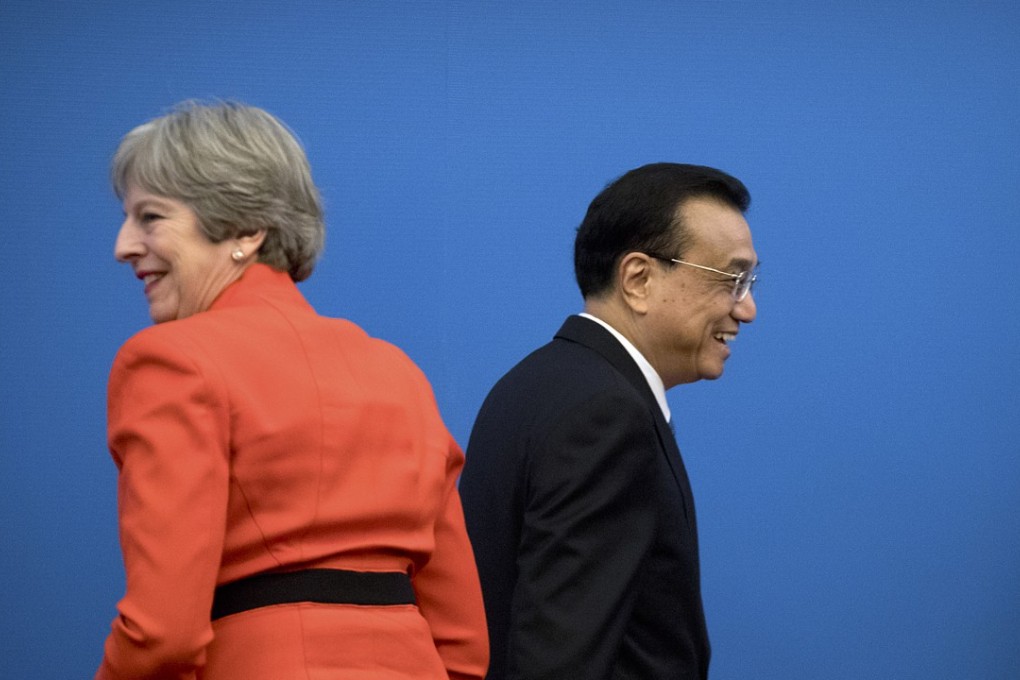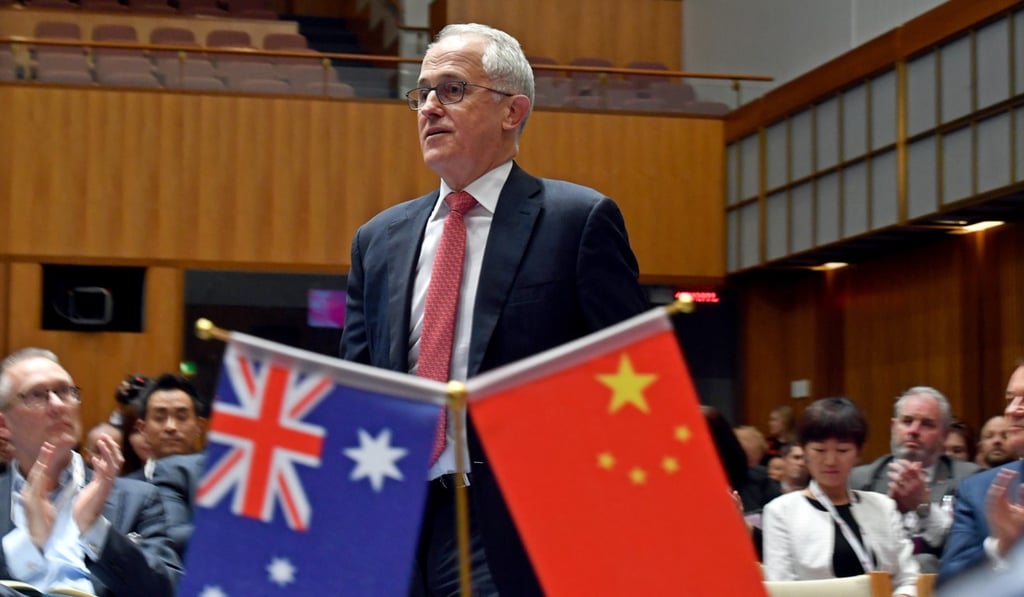Asian Angle | In China puzzle, at least Australia knows itself. The UK hasn’t a clue
Canberra has been thorough in examining its position on a rising China. London’s response is one of complacency verging on indifference

It is a common question: what does China want for itself and its future? The issue following on from this, often in the same breath, is what the country thinks of the outside world and the role it might play in achieving what it wants. Non-Chinese get particularly perplexed by the latter because it relates directly to them. Lord Macartney wrote in his memoirs that when he led the first British Mission to China in 1793, he was deeply puzzled as to what the Chinese he met thought of the outside world, and what they really wanted from him and his mission. More than two centuries later, while everything else has changed, the same bewilderment remains.
It is strange in the modern era, especially since China opened up to the outside world in 1978, how little the second question is turned around and asked back: what do we, as outsiders, want from China?
Early on, of course, in the heady days of initial engagement from the 1980s, the answer may have been “for the People’s Republic to become more like us”. But things have turned out more complex than that.
Underpinning this question of what we want from China – and closely linked to it – are more profound, structural queries. What do we feel, what are our sentiments towards this vast, complex country? Even if it did become politically more like us, would we embrace and accept it? Deep down, do we want to know anything about it at all, beyond what we absolutely have to?

When we compare two cases on this attitude towards sentiment for China – Australia and Britain – we get widely divergent responses. At the very least, one can say that Australia does actually want to know what it thinks and feels about its largest investor and trade partner.


